Respect ethos is central to European ceramics production

Including 15,000 individuals in Spain
European ceramics, including the Spanish sector, are renowned for their quality and innovation. They are also foundational in their commitment to four essential elements: water, air, earth, and fire. However, a less visible yet equally crucial component is the industry’s dedication to respect—respect for people, the environment, ideas, and customers.
According to ASCER, the Spanish Association of Wall and Floor Tile Manufacturers headquartered in Valencia, Castellon, this ethos permeates every production stage, from raw material sourcing to the final product, ensuring that each piece embodies a harmonious blend of tradition, sustainability, and innovation.
Respect for people: Upholding labour standards
The European ceramics industry employs over 53,000 individuals, with approximately 15,000 in Spain alone. Three to four indirect and induced jobs are created for every direct job, highlighting the sector’s significant economic impact.
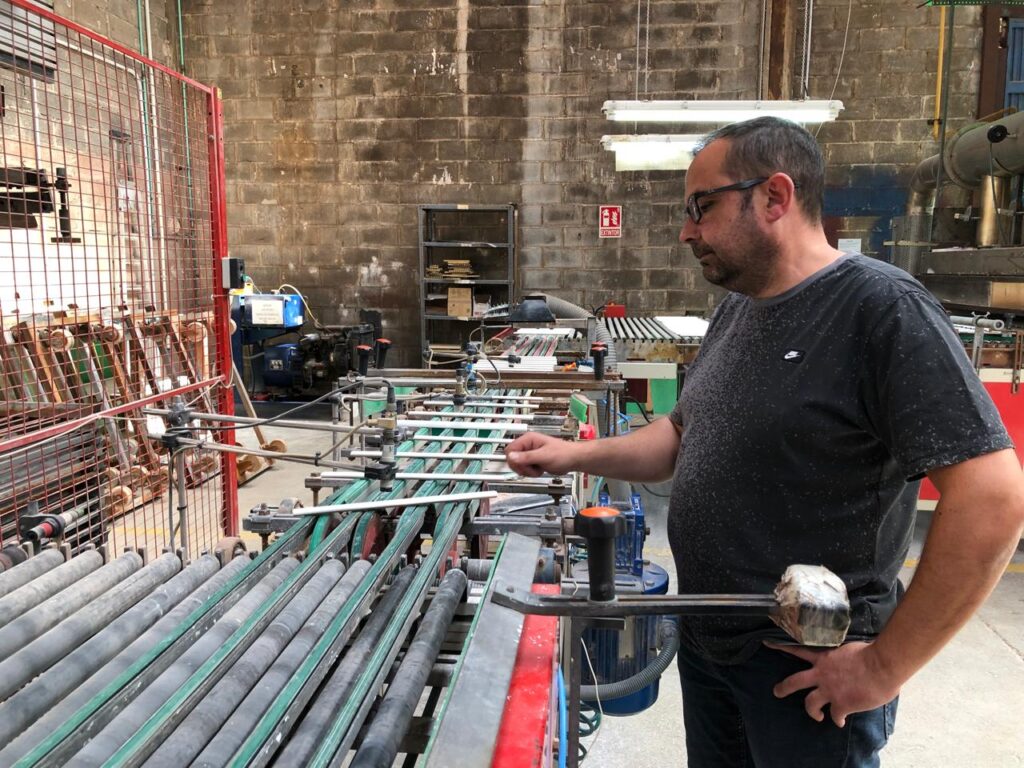
Under stringent European Union labour regulations, the industry guarantees fair working conditions and health and safety standards, promoting gender equality and non-discrimination. These regulations encompass contracts, working hours, leave entitlements, and union rights, ensuring a secure and equitable environment for all employees.
Respect for the environment: Embracing sustainability
Environmental stewardship is a cornerstone of the European ceramics industry. Manufacturers implement measures to reduce emissions, enhance energy efficiency, and minimise waste.
Notably, the sector has reduced its total emissions by around 33% since 1990 and more than 45% since its peak in the 2000s, primarily through process optimisation and fuel substitution.
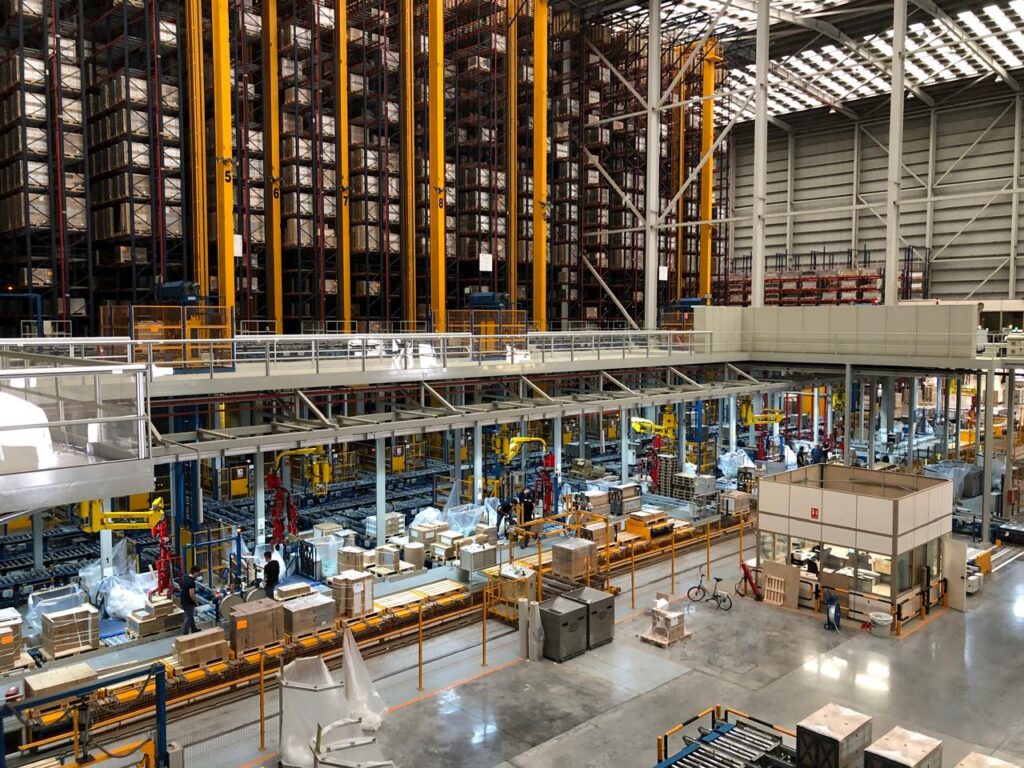
Adopting renewable energy sources, high-efficiency cogeneration systems, and residual heat recovery from kilns exemplify the industry’s commitment to sustainability. Additionally, reusing wastewater in a closed cycle and recycling clay waste before firing contribute to a circular economy model.
Respect for ideas: Fostering innovation
Innovation is deeply embedded in the European ceramics industry, which strongly focuses on research and development. The sector has pioneered technological advancements such as digital ceramic printing, revolutionising manufacturing processes and design possibilities.
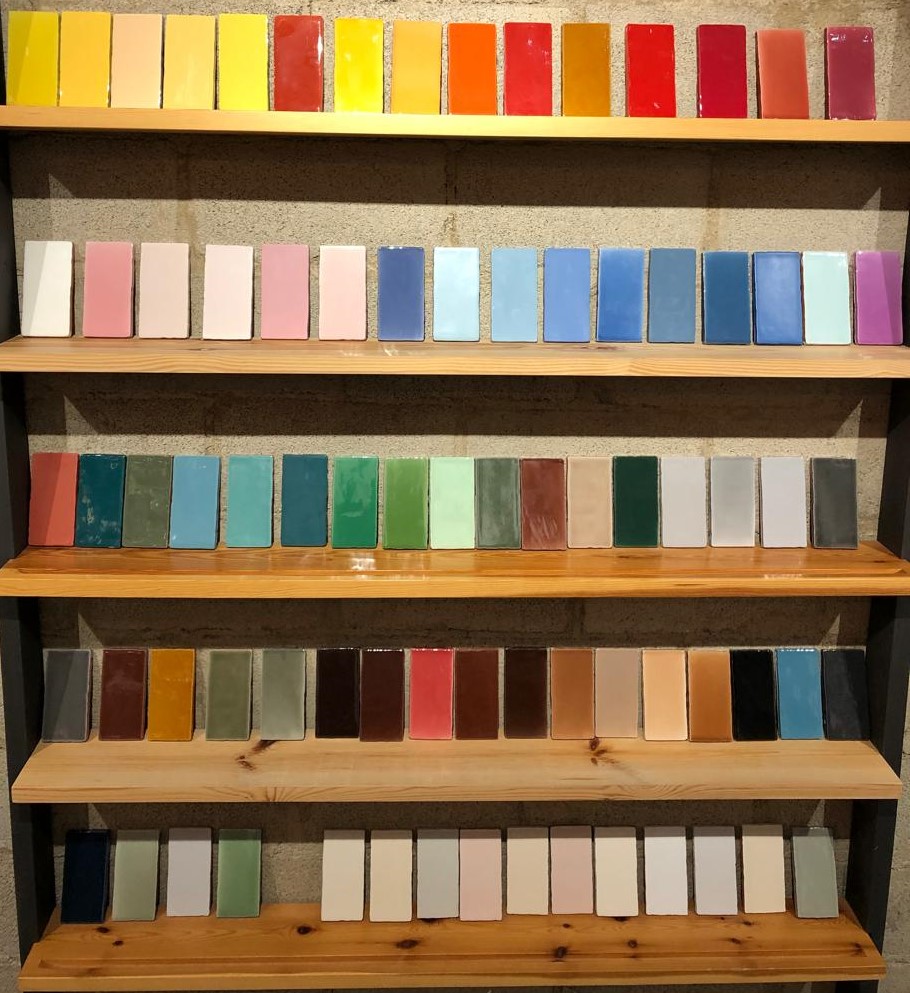
Collaboration among industry clusters, like the Ceramics Technology Institute (ITC), facilitates knowledge transfer and fosters innovation, ensuring that companies remain at the forefront of technological and design trends.
Respect for customers: Ensuring quality and satisfaction
European ceramics manufacturers prioritise customer satisfaction by treating clients as partners. This approach includes investments in promotional tools, training for distributors’ sales networks, and supporting construction companies and architectural studios to ensure products are used correctly and meet project specifications.
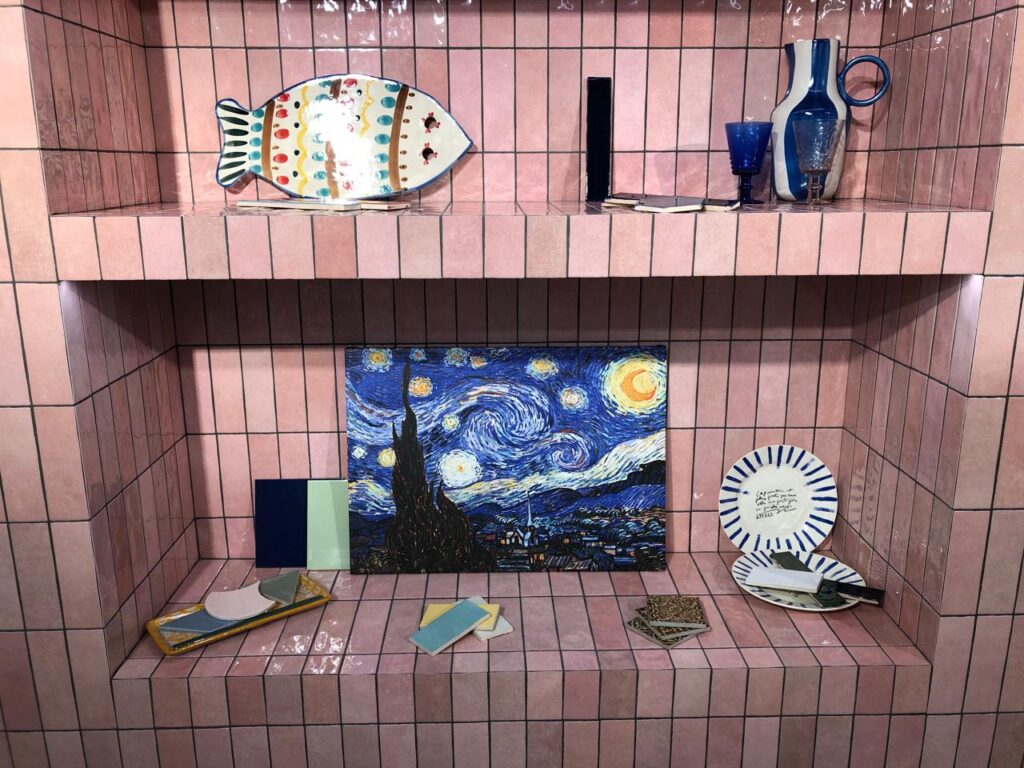
The industry maintains its reputation for quality and reliability by focusing on customer needs and preferences.
Challenges and future outlook
Despite these commendable practices, the European ceramics industry faces high energy costs, reduced orders, and factory closures. For instance, Royal Stafford, a 180-year-old pottery business, recently liquidated, resulting in over 70 job losses. Industry leaders advocate for government support to preserve the ceramics heritage, develop new skills among young people, and foster innovation.
There is optimism for the future, with calls for strategic innovation and government intervention to revive the ceramics sector.
The European ceramics industry’s dedication to respect—encompassing people, the environment, ideas, and customers—forms the bedrock of its enduring success and global reputation.
By adhering to stringent labour standards, embracing sustainable practices, fostering innovation, and prioritising customer satisfaction, the industry produces functional, aesthetically pleasing, and ethically and environmentally responsible ceramics.
ASCER: Leading the Spanish ceramic tile industry
Established in 1977, ASCER represents over 100 ceramic tile manufacturers in Spain. Through their business groups, these manufacturers encompass nearly 200 brands specialising in manufacturing, selling, and distributing ceramic tiles. The companies represented by ASCER account for approximately 95% of the sector’s total production in Spain.
ASCER plays a pivotal role in advocating for the interests of its members across various platforms, both domestically and internationally. The association actively promotes Spanish ceramic tiles worldwide, organises international activities, and participates in trade fairs to enhance its members’ global presence.
Tile of Spain: Showcasing Spanish excellence
Under the banner of Tile of Spain, ASCER represents 125 ceramic tile manufacturers, highlighting the innovation and quality of Spanish ceramic design. This initiative includes publishing an annual Digital Look Book featuring groundbreaking collections from Spanish tile makers and organising seminars directed at materials specifiers such as architects and interior designers.
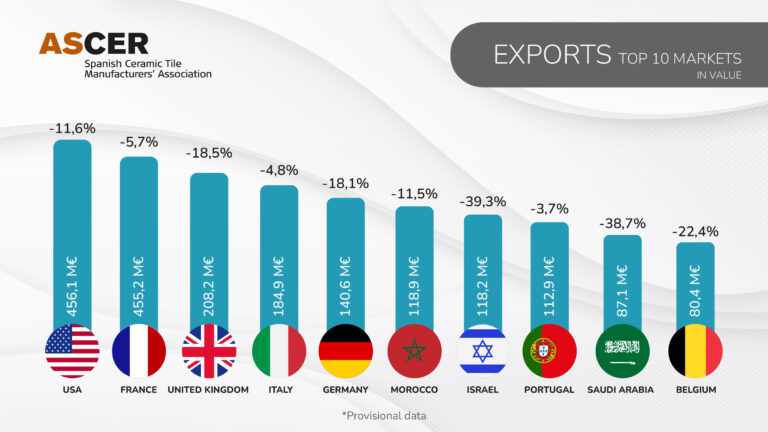
Economic impact and market share
The companies represented by ASCER are responsible for about 95% of Spain’s ceramic tile production, underscoring the association’s significant influence in the industry. This concentration of production contributes to Spain’s position as a leading exporter of ceramic tiles, with products reaching over 180 countries, including the Middle East.
Commitment to innovation and sustainability
ASCER’s member companies are renowned for their high degree of innovation and internationalisation. They are committed to ongoing developments in applied research, focusing on minimising environmental impacts and promoting sustainable, circular building practices.
Hero image: The Spanish ceramics industry produces functional, aesthetically pleasing, and ethically and environmentally responsible ceramics. Credit: Arnold Pinto













